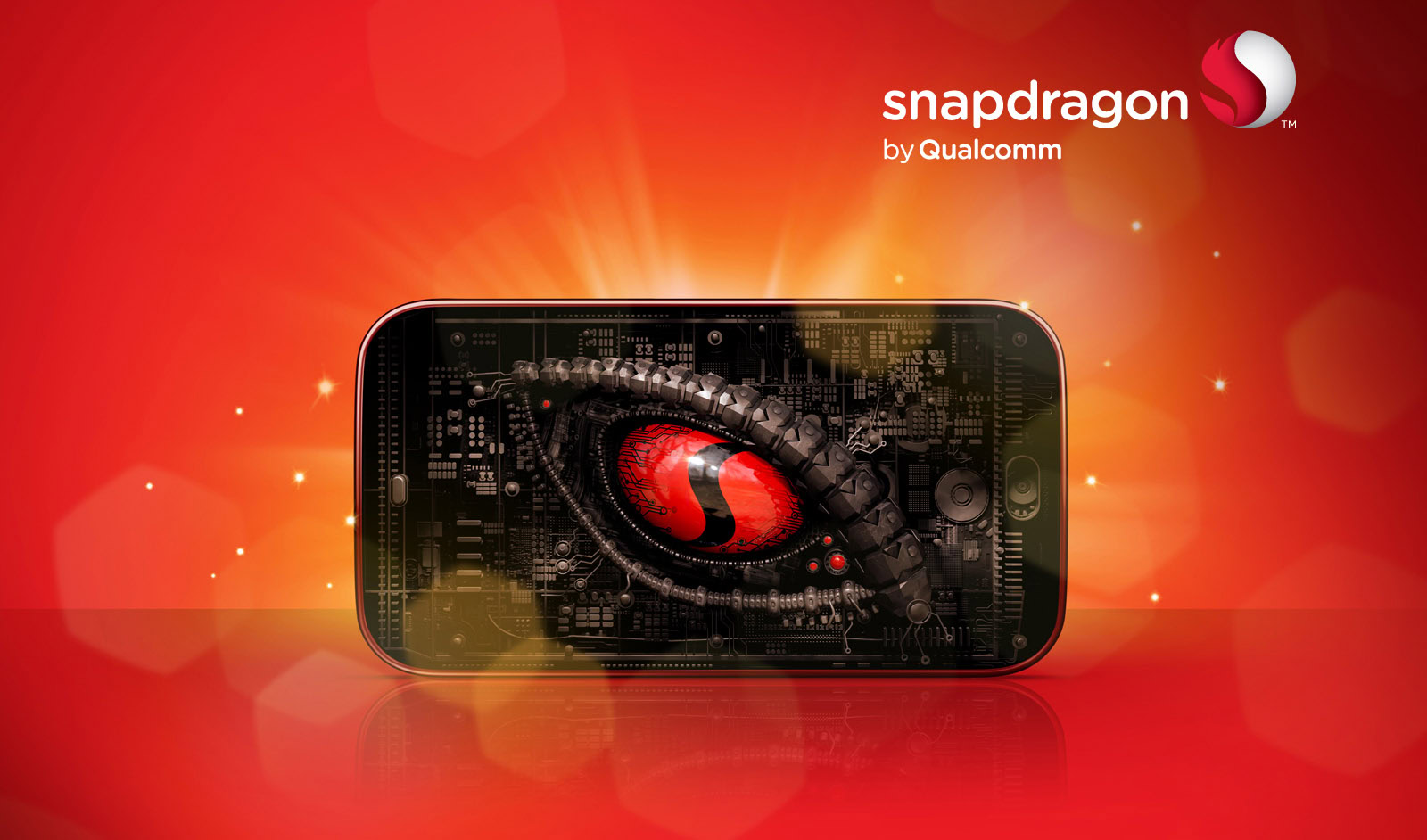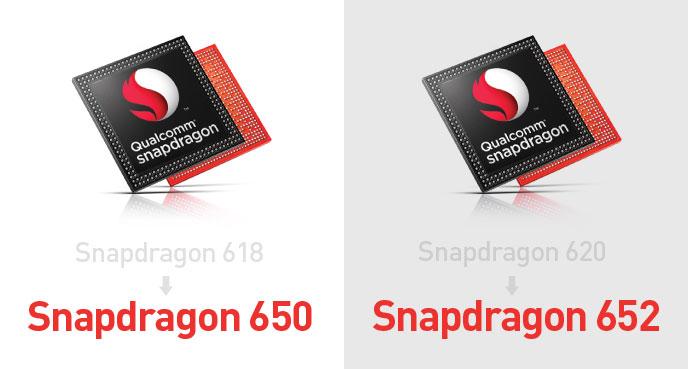Affiliate links on Android Authority may earn us a commission. Learn more.
Qualcomm renaming Snapdragon 618 and 620 processors... but why?

Qualcomm just doesn’t believe the names Snapdragon 618 and 620 have enough of wow factor, it seems. That is just not enough of a big number to showcase how much more awesome these new processors are, right? The San Diego-based chip maker has backpedaled on the naming of these two chipsets and decided to instead call then Snapdragon 650 and 652, respectively.
But the question still remains – why?! Well, it’s not so much that Qualcomm doesn’t think the 618 and 620 numbers are impressive enough, they just believe the capabilities these CPUs bring to the table are enough to put them in another category. At least when compared to the 615, 616 and 617.
The main improvements in these chips are the inclusion of the X8 LTE modem with CAT 6 support and carrier aggregation. Qualcomm also mentions the “advanced ARM-A72 CPU and next generation Qualcomm Adreno 510 GPU.”

“We’ve been developing the Snapdragon 652 and Snapdragon 650 processors over the last 12 months, and the superior capabilities and performance positions them well above other processors in this tier. For example, the 4K Ultra HD video capture, playback and gaming experiences are unique for this tier, while the hi-resolution camera and 4G LTE experiences push the limits for this category.”
Although this change may sound a bit silly to many of us, I believe it may be some form of strategic move. Maybe Qualcomm would still like to release lower-end CPUs under the 618 or 620 names, with technology more on par with older processors.
This won’t affect you much right now, as no phones have the Snapdragon 650 or 652 on board, but it will be something to keep in mind if you want to research your processor at its fullest.
But what do you guys think? Was this completely unnecessary? Did Qualcomm make the right move? Hit the comments to share your 2 cents!